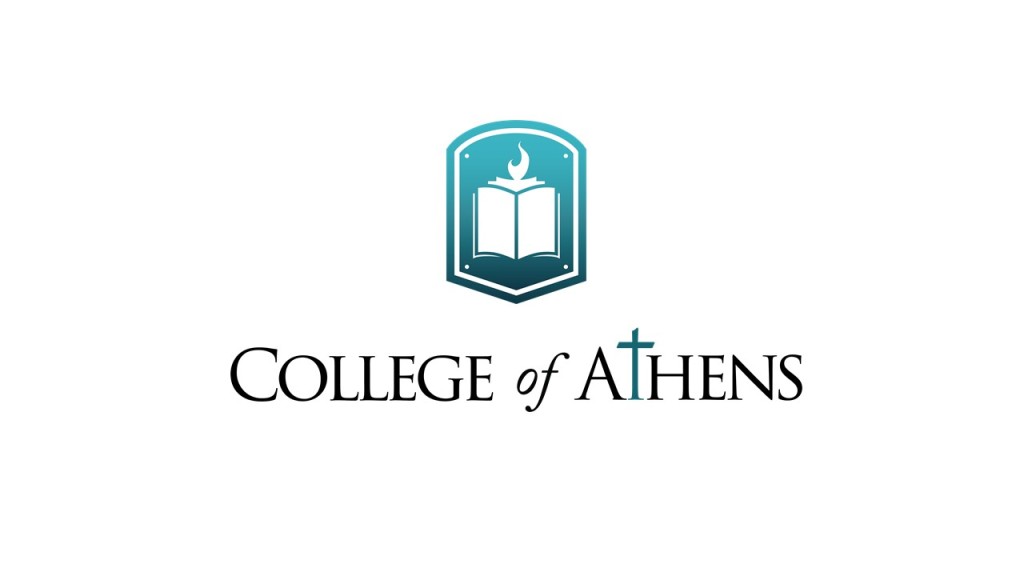
“It is not the force of man but the love of God which alone can unite a disunited world.”
William Barclay
In many diverse church congregations, including Roman Catholic, Orthodox, and Anglican/Episcopalian traditions, March 17th is a special day commemorating the life and ministry of Saint Patrick. Patrick is considered the “Apostle to Ireland,” and is credited with firmly establishing Christianity within that country. Little is known about Patrick, other than he was born around 385 A.D. and raised in a British Roman family. According to his autobiographical Declaration, the teenaged Patrick was kidnapped and taken to Ireland as a slave. Once there, he was made to work for six years as a shepherd, tending the flocks of his enslavers. Patrick eventually escaped and was finally able to return to his family in Britain where he fully embraced the Christian faith and sought more formal religious training. One night, in the midst of a remarkably vivid dream, Patrick reportedly heard a desperate collective cry — “the Voice of the Irish,” his former captors — begging him to return to Ireland as a Christian evangelist. Upon reflection and prayer, he resolved to do just what the dream seemingly asked of him. Patrick received his ordination and journeyed back to Ireland, this time as a free man and a bishop commissioned by the Church. He would effectively spend the rest of his life serving as a missionary, spreading the gospel and witnessing the conversion of many of the native Irish peoples. Patrick’s evangelistic endeavors led to the establishment of Ireland as the epicenter of early Western European Christianity.
What continues to capture the imagination and make Patrick’s story so incredible is his willingness to witness and minister to those who had persecuted and literally enslaved him. He had little to nothing in common with these people who had brutally stolen him from his family and home, so why did he return to them once he had escaped?
Throughout the entire storyline of Scripture, we encounter God calling His people to minister to others — to those who are “foreign,” prejudiced, or outright hostile. In the book of Genesis, we find Joseph (much like Patrick) enslaved in a strange land. Yet (also like Patrick) Joseph remains faithful throughout his captivity and eventually attains his freedom and restoration. And later in life, when he finally gets the chance to confront his brothers — the very men who sold him into servitude — how does he react? By affirming that even though they were acting in hatred towards him, “God meant if for good, to bring it about that many people should be kept alive” (Genesis 50:20).
Later in biblical history, we also encounter Daniel, captured and taken into Babylonian captivity as a young man. Daniel would spend his life in service to the rulers of Babylon while also interceding for the exiled Jewish people. In the midst of a decidedly ungodly culture, he served as a shining light and a faithful example of a life lived according to God’s priorities, regardless of cost. Daniel encouraged and exhorted his fellow believers with the hope of an eventual return to their homeland and the promised coming of a Son of Man, the Messiah, whose “dominion is an everlasting dominion, which shall not pass away, and his kingdom one that shall not be destroyed” (Daniel 7:14).
In the New Testament, we read about the Apostle Paul and his dramatic conversion on the road to Damascus, as well as his commissioning by Christ as “a chosen instrument of mine to carry my name before the Gentiles and kings and the children of Israel” (Acts 9:15). Before salvation, Paul had been imprisoned by his own transgressions, prejudices, and hatred — he had been “a slave of sin.” Now, “having been set free from sin,” Paul was given the freedom to instead become “a slave of righteousness” (Romans 6:17-18). He was called to go and spread the Gospel amongst the very people that he had previously persecuted and tortured. This marked transformation in Paul’s personal testimony shines through in his letters to the early churches. Instead of dwelling on all manner of ways that differences can lead to tension, strife, and hatred between people, Paul instead focuses on what should bring all believers together, namely unity in the saving love of Christ: “For as many of you as were baptized into Christ have put on Christ. There is neither Jew nor Greek, there is neither slave nor free, there is no male and female, for you are all one in Christ Jesus” (Galatians 3:27-28). For it is Christ who most perfectly exemplifies ministering in love and kindness to people who can be very unloving and completely unkind. It is in Christ, both the Lion and the Lamb, that we find the courage to overlook seemingly insurmountable differences and cling to the life-giving message of hope found in God’s Word. It is in Christ that we stand together with courage and conviction to contend for the truth of salvation and the unity of the faith. In Christ, there is no room to go our separate ways and stand apart in selfishness. Rather, we give all glory to our Savior, “standing firm in one spirit, with one mind striving side by side for the faith of the gospel” (Philippians 1:27).
Why did Saint Patrick return to Ireland? Why did Joseph forgive his brothers? Why did Paul preach throughout the Greco-Roman world? It was not because the Irish people (or Joseph’s brothers, or the Jewish exiles, or the Gentiles) had merited any good luck. It was rather because they (like us) received God’s mercy and love.



